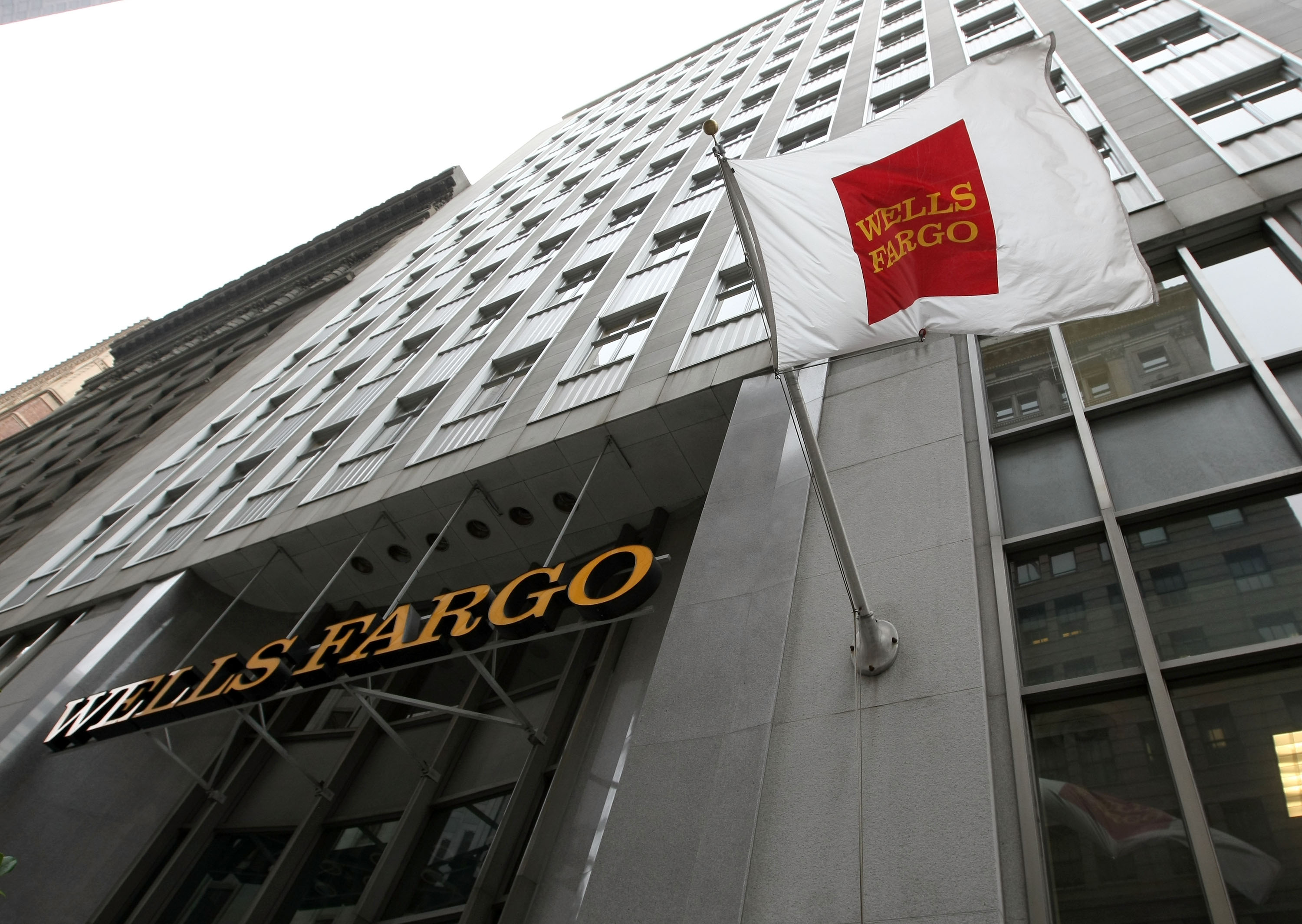It’s inherently wrong to recommend sitting through three hours of any city council meeting, let alone one that doesn’t take place in your own city, but if you do have to, choose the city of Portland, Oregon. Those guys are “keeping it weird.”
For instance, during a session last month, there were tales of dogs “crapping all over” boats in a marina, and a “former journalist” almost getting tackled by security for an ill-advised “join the conversation with a Pepsi” joke. But the big moment of interest came at the 48-minute mark, when an a cappella group by the name of Raging Grannies sang a protest song of their own making. Some sample lyrics:
What we do here affects the world
On this you must be clear
Don’t put our money in Wells Fargo
Killing what we hold dear
The next few hours were filled with public testimonies regarding which corporations the city should no longer invest its funds in, which are acceptable, what counted as “dirty” or “clean” investments, and so on and so forth. At one point, the mayor questioned whether the proper way to counter the negatives from the capitalistic system was to leave the system, or to work with it.
Finally, at the end of the long meeting, the council decided to actually vote on whether or not the city should make corporate investments at all. “Yes” would mean ceasing any future investments; “no” would mean preserving the status quo.
“I want to get out of the business of picking and choosing,” said Nick Fish, a commissioner, delivering the first “yes” vote. “I would rather have a clearer line to follow going forward.”
The move passed 3–2, and Portland became the first major American city to cease investment in corporations.
The vote was seen as a victory for local activists groups. Their hope had been to compel the city to divest from corporations with questionable business standards, such as Wells Fargo, (cause: its investment in the Dakota Access Pipeline) and Caterpillar (cause: it manufactures the D9 armored bulldozer that Israel uses in its conflict with Palestine). It took a long time to get to this point.
Two years ago, the city created the Socially Responsible Investment Committee, which was tasked with deciding which corporations the city should and should not invest in. Among the concerns they were evaluating were abusive labor practices, human rights issues, environmental effects, and tax avoidance.

(Photo: Justin Sullivan/Getty Images)
After a lengthy examination, the city treasurer came back with a list of corporations the city could invest in with a clear conscience. Only 50 companies made the cut. This is when murmurs of divesting entirely began.
While the city’s remaining contracts with corporations—such as its contract with Wells Fargo—will run their course through 2019, no new investments will be considered.
This move is not without potential negative impact. Currently, the city has $539 million (of its city budget of $3.8 billion) invested in corporations. With no new corporate investments set to be approved, Portland will slowly shift that money into non-corporate investments like government bonds in the United States. While these are less ethically questionable, they also yield less return on investment. When the calendar flips to 2020, Portland will stand to lose nearly $4.5 million annually. That’s not an insignificant sum.
Mayor Tom Wheeler, explaining his “no” vote, said that the sum amounts to “more than 200 affordable housing units or more than 600 new shelter beds.”
“I keep thinking of the affordable housing […] and I’m very worried about losing [this money] in a budget crisis that we’re currently in,” said council commissioner Amanda Fritz, before casting the other “no” vote.
What is the benefit of this move? There’s talk about the city using the money to create and invest in its own municipal public bank, but that’s years away from fruition. And there’s certainly something to be said about a city sticking to an operating ethos, even if only to attract similarly minded citizens. But there’s also the fact that, with council meetings no longer jam-packed with debates over which corporations are “good” and which are “bad,” the council will have time to take up the city’s other pressing issues.
“The city of Portland is known to have a community of very vocal and opinionated community members,” says Jen Clodius, the spokesperson for the Portland Office of Management and Finance. “Philosophically, it will free up the council to do other things, such as dealing with housing and homelessness, or there’s the Rose Festival coming up. Financially, it will be a cost. But it probably benefits the city.”
This move is by no means permanent. The current city council could always change its mind, and a new council could later rescind this decision. But if they do, it’s unlikely that the city’s “vocal and opinionated community” will let the council off the hook. Maybe we’ll even get a new Raging Grannies single out of it.




